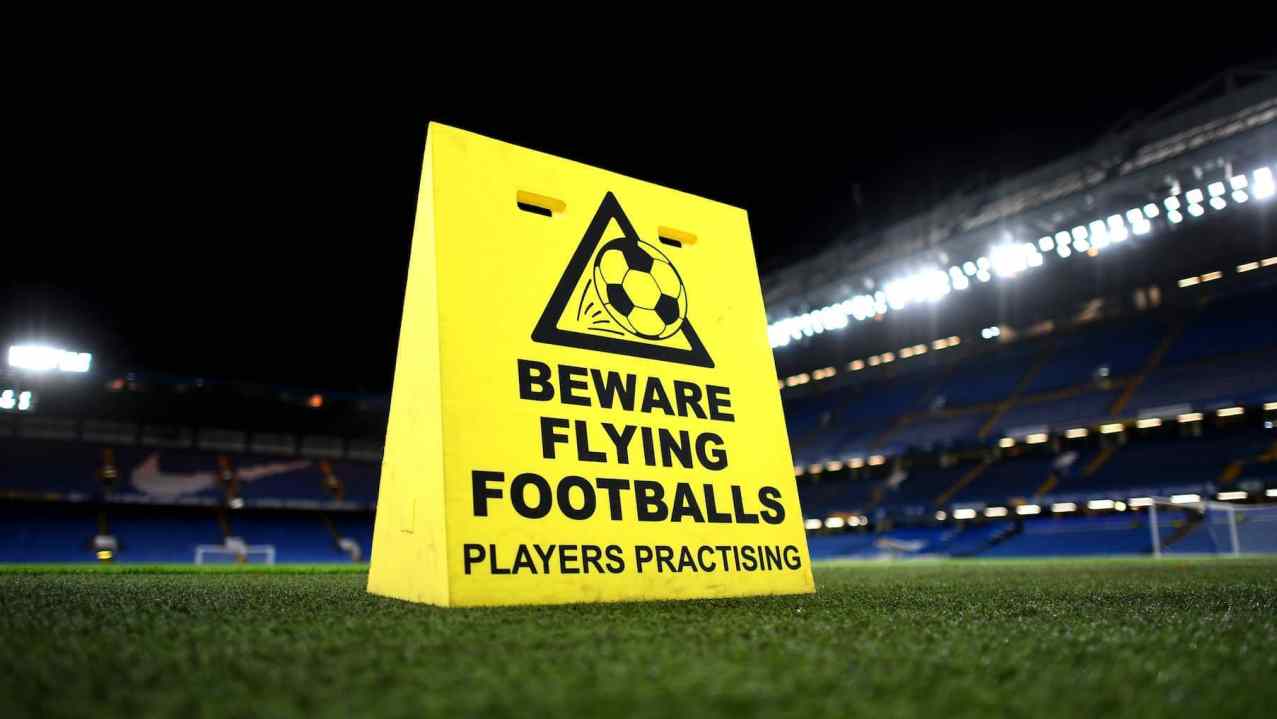On a recent trip to Sainsbury’s, I was perplexed to find nothing where it should be. I’m used to things being switched about to a small extent. It can even be quite fun to track down rice pudding where the clingfilm used to be and the clingfilm where the baked beans once were. But this was a dizzying change of topography, like returning home after a tsunami to find your bathroom in the basement and your sofa sailing off into the sea.
All was made clear by a helpful sign: ‘LOOKING FOR YOUR FAVOURITES? The government is introducing new rules in October for products containing high fat, sugar or salt. To prepare for this we’re moving a few things around.’ Thank heavens we are being so looked after. Thank heavens that a Conservative government is taking action on obesity by hiding the butter around a pillar and secreting bags of Haribo in a dank corner, concealed behind a screen of succulent, tempting cabbages.
Hear me out, because this is a bold move to advocate, we could abolish signs and warnings, beyond the essential ones to secure life and limb, altogether?
Such warnings and signs have multiplied – so much so that the reasonable ones, usually involving traffic or danger from falling masonry, now seem almost quaint. There’s a cracker right now at the door of The Globe Theatre’s ‘non-binary’ reimagining of Joan of Arc I, Joan: ‘Please note – This performance contains violence, strong language, partial nudity, misgendering and scenes of an upsetting nature.’
Such guidance and supervision are essential for children. Children’s television is guarded by a web of compliance rules and probably rightly so. But surely after reaching the age of majority, the assumption should be that adults can be trusted to understand very, very basic facts of life – for example, that crisps make you fat, and that fiction isn’t real and can’t hurt you, no matter how many brutal and bloody misgenderings it contains. Our culture has downplayed rites of passage – not helped by the slight staggering of various permissions from 16 to 18. I think we should make a big deal of it now: you’re 18, you’re an adult, and the rules are that you make up your own mind from now on.
It occurs to me that warnings, if we are to have them at all, are almost always attached to the wrong things, often markedly innocuous things. They always come from a progressive standpoint. Why, in the name of all that is holy, is there a trigger warning on jolly 1980s holiday camp sitcom Hi-de-Hi when there is no warning at all on, for example, the nasty, crankish books of the race-baiting activists Robin diAngelo or Ibram X. Kendi, whose work actively and openly encourages racial disharmony?
Similarly, sweets and snacks are as nothing to the other dangers to children. Smartphones, in just over a decade, have turned childhood into a porn-riddled nightmare and have supercharged teen anxieties and fads. If we’re serious about ‘harms’ to kids, then surely smartphones should be confiscated from under-18s and substituted for something healthier for them, such as a packet of fags, some crack cocaine, or a nail bomb.
And if there must be content warnings on plays, television and films, can we even it out and have some more useful ones? It can be very irritating to start watching something that sounds beguiling, only to discover that it’s infused with stifling establishment orthodoxy. We could pay someone to vet all new cultural products, and put up captions like this: ‘This programme reflects the values of today’s western liberal middle class and contains cant, sententiousness, doctrinal whinging, shocking ignorance, false humility, crank conspiratorialism, and strange racial fetishism.’
That should cover 80 per cent of contemporary content. The caption on The Rings of Power, Amazon’s loose adaption of J.R.R. Tolkien’s Middle Earth stories, could add ‘This contains the worst dialogue you will ever hear in your life’, maybe? ‘Disputed information’ warnings, so beloved of Facebook and Twitter, should expand too. Covid and elections are simply not enough. They should be algorithmically slapped onto the thousands of posts every day where people say stupid things about capitalism, or the reproductive dimorphism of the human species, or how the country is sliding into fascism because Nadine Dorries is selling Channel 4.
Or, hear me out, because this is a bold move to advocate, we could abolish signs and warnings, beyond the essential ones to secure life and limb, altogether? If someone over 18 is thrown into trauma by Su Pollard going potty or an on-stage misgendering or a tempting packet of Wotsits, then that person does not belong in adult society. If I can manage what their ‘side’ serves up day after day, then they can live with the very few remaining dissenting voices.








Comments